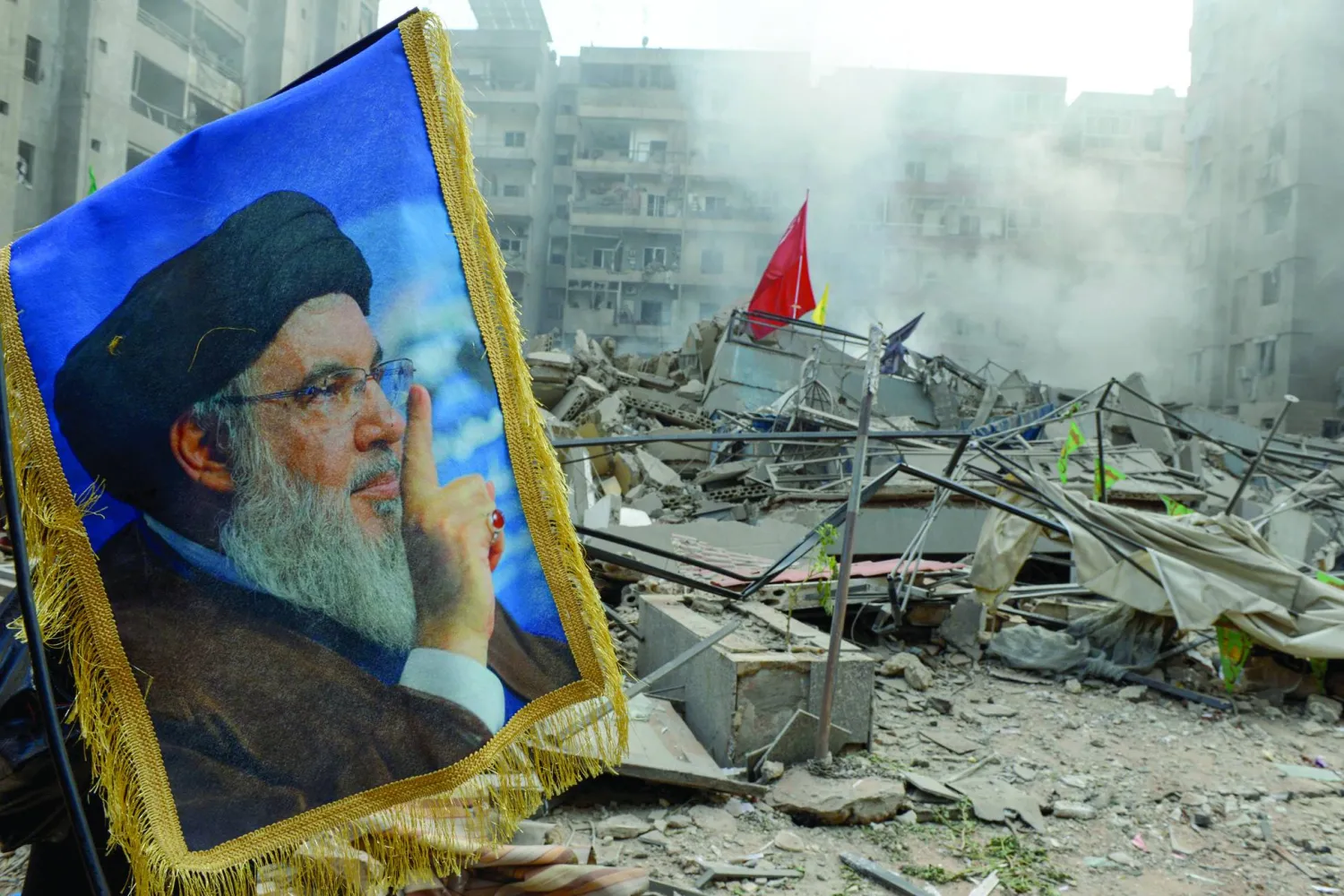Egyptian Foreign Minister Sameh Shoukry strongly condemned on Tuesday Israel's attempt to blame Egypt for the humanitarian crisis in Gaza.
Shoukry added in a statement that Israel's seizure of the Rafah border crossing from Gaza into Egypt as well as its military operations in the area were the main reasons for aid being unable to enter Gaza.
Shoukry stressed that his country "categorically rejects" Israel’s policy of "twisting facts and shirking responsibility".
"Israel alone is responsible for the humanitarian catastrophe the Palestinians are facing in Gaza," he stated.
"Israel must assume its legal responsibilities as an occupying power and allow the entry of aid through land crossings under its control," he demanded.
Earlier, Israel said it was up to Egypt to reopen the Rafah Crossing and allow humanitarian relief into the Gaza Strip.
"The key to preventing a humanitarian crisis in Gaza is now in the hands of our Egyptian friends," Israel's Foreign Affairs Minister Katz said in comments circulated to reporters.
Katz said he had spoken with his British and German counterparts about "the need to persuade Egypt to reopen the Rafah crossing", adding he would also speak with Italy's foreign minister later on Tuesday.
The Palestinian group Hamas, which has been running Gaza, will not "control the Rafah crossing", Katz said, citing security concerns over which Israel "will not compromise".
Egypt has consistently said the crossing has remained open from its side throughout the conflict that began between Israel and Hamas on Oct. 7.
Cairo has been one of the mediators in stalled ceasefire talks, but its relationship with Israel has come under strain since Israeli forces seized the Rafah Crossing on May 7.
The United Nations and other international aid agencies said the closing of two crossings into southern Gaza - Rafah and Israeli-controlled Kerem Shalom - had virtually cut the enclave off from outside aid.
The UN had already warned, prior to the closing of the two crossings, that Gaza is on the brink of famine.
Israel launched its current Gaza offensive following an attack on Oct. 7 by Hamas-led gunmen who rampaged through Israeli communities near the enclave, killing some 1,200 people and taking more than 250 hostages, according to Israeli tallies.
The Palestinian death toll in the war has now surpassed 35,000, according to Gaza health officials.









